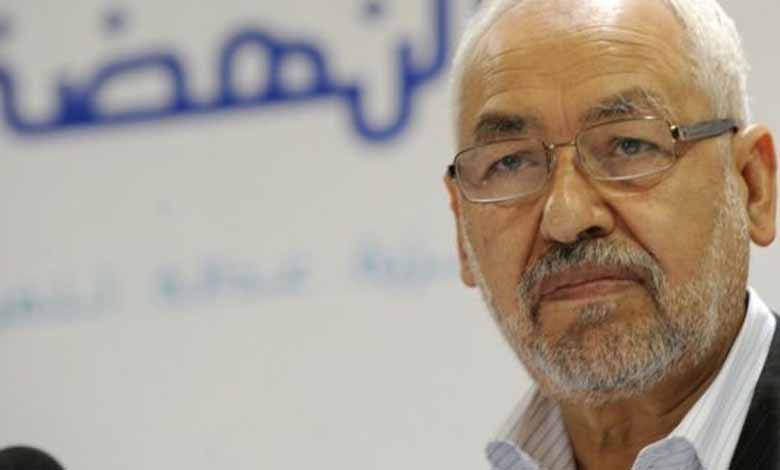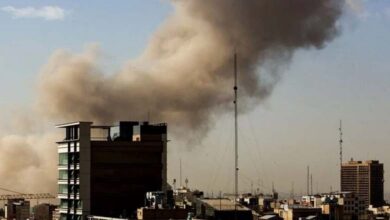Tunisia – Why did Ennahdha’s statement call the referendum results into question? Analysts answer

Ennahdha suffers from internal dissension and turmoil as a result of the violence of the Tunisian strikes against the organization, which put it in a state of collapse and confusion after the great success achieved by the Tunisian state in the referendum on the new constitution, which confounded its calculations and plans, especially after the attempts of this extremist organization to spread lies and doubt against the constitution, but the response of the Tunisian people was harsh against these terrorist plans.
Ennahdha’s plans
After its failure, Ennahdha came out to question the results of the popular referendum on the constitution in a lean statement. The movement continued its lies in the hope of creating chaos that would help them regain their influence inside Tunisia and disrupt the Tunisian president’s plans to complete Tunisia’s purge and build state institutions.
Political bankruptcy
Mondher Guefrach, a Tunisian political analyst, says: Ennahdha is in a state of political bankruptcy that has left it in a state of great confusion, especially given the success of the Tunisian state in completing the country’s new constitution and the preparation of a new electoral law for the next parliament. All these steps have thwarted all the plans that Ennahdha and the Brotherhood were seeking.
The Tunisian political analyst added that the Muslim Brotherhood’s Ennahdha Movement did not succeed in any of its plans as long as there is a state of societal rejection of it. He pointed out that the Ennahdha Movement’s decision to call into question the popular referendum for the new constitution is a new attempt to influence the situation of the country, stressing that an immediate decision must be taken to disband this movement because it represents a major danger to the country.
Consecutive strikes
For his part, Dr. Oussama Aouidet, a Tunisian political analyst, said that the Tunisian people wrote the end of the Ennahdha Movement with the success of the referendum on the new constitution, confirming that this movement in its last days was not able to incite the Tunisian people to its institutions.
The Tunisian political analyst added that the Tunisian people do not trust this movement and its meager statements, stressing that these acts are nothing but an attempt to prove their existence after the people pronounced them and suffered internally from defections and unrest as a result of the successive blows by the Tunisian state to the extremist organization.











